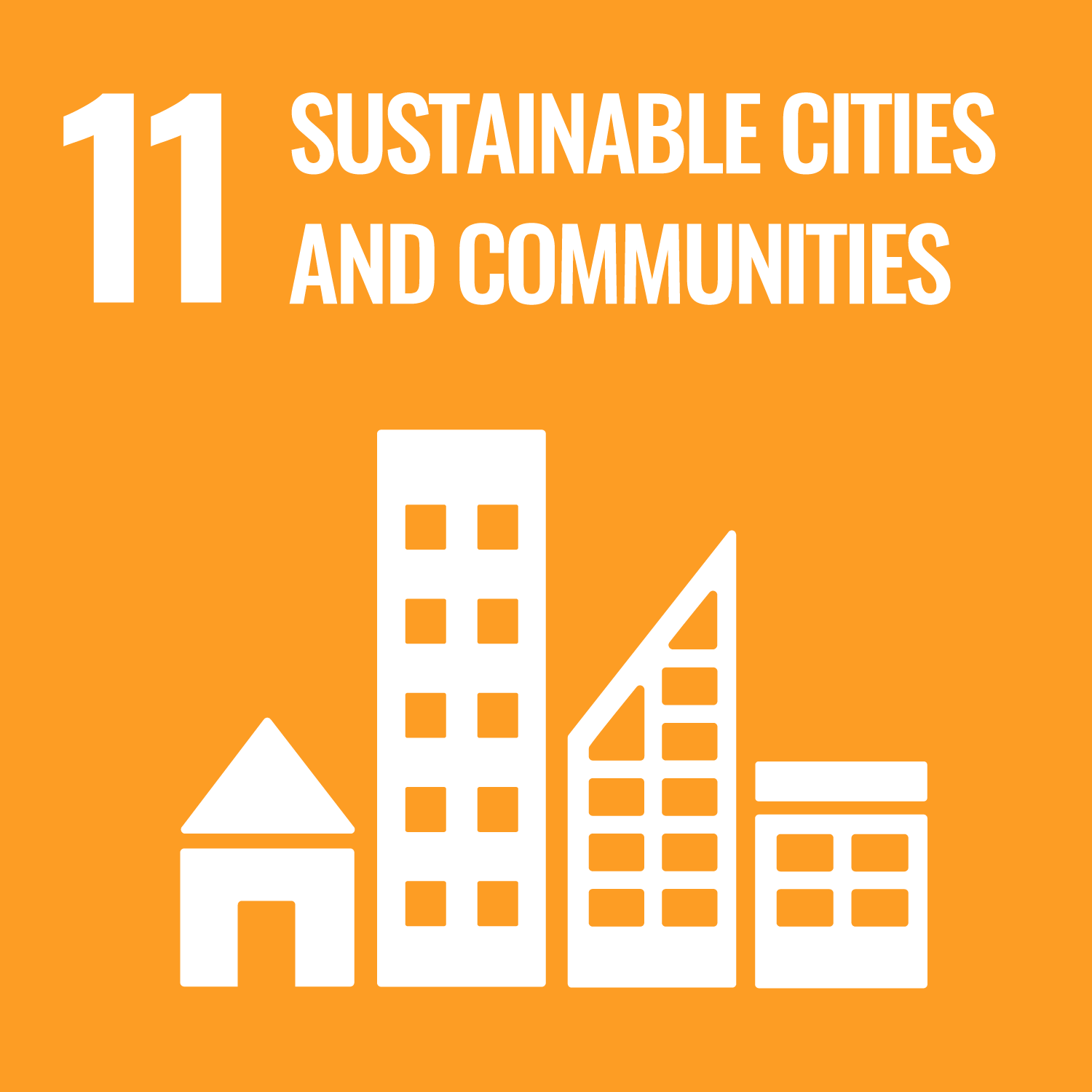
There is a more recent version of this eprint available. Click here to view it.
de Bell, S., Alejandre, J.C., Menzel, C. et al. (28 more authors) (Submitted: 2023) Nature-based social prescribing programmes: opportunities, challenges, and facilitators for implementation. [Preprint - medRxiv] (Submitted)
Abstract
Background: Evidence on the health benefits of spending time in nature has highlighted the importance of provision of blue and green spaces in people’s living environments. The potential for health benefits offered by nature exposure, however, extends beyond health promotion to health treatment. Social prescribing links people with health or social care needs to community-based, non-clinical health and social care interventions. The aim is to improve health and wellbeing. Nature-based social prescribing (NBSP) is a variant which uses the health-promoting benefits of activities carried out in natural environments, such as gardening and conservation volunteering. Much of current NBSP practice has been developed in the UK and there is increasing global interest in its implementation. This requires interventions to be adapted for different contexts, considering the needs of populations and the structure of healthcare systems.
Methods: This paper presents results from an expert group participatory workshop involving 29 practitioners, researchers, and policymakers from the UK and Germany’s health and environmental sectors. Using the UK and Germany, two countries with different healthcare systems and in different developmental stages of NBSP practice as case studies, we analysed opportunities, challenges, and facilitators for the development and implementation of NBSP.
Results: We identified five overarching themes for developing, implementing, and evaluating NBSP: Capacity Building; Universal Accessibility; Embedded and Integrated Networks and Collaborations; Standardised Implementation and Evaluation; and Sustainability. We also discuss key strengths, weaknesses, opportunities, and threats (i.e., a SWOT analysis) for each overarching theme to understand how they could be developed to support NBSP implementation.
Conclusions: NBSP could offer significant public health benefits using available blue and green spaces. We offer guidance on how NBSP implementation, from wider policy support to the design and evaluation of individual programmes, could be adapted to different contexts. This research could help inform the development and evaluation of NBSP programmes to support planetary health from local and global scales.
Metadata
| Item Type: | Preprint |
|---|---|
| Authors/Creators: |
|
| Copyright, Publisher and Additional Information: | © 2023 The Author(s). This preprint is made available under a Creative Commons Attribution 4.0 International License. (https://creativecommons.org/licenses/by/4.0/) |
| Keywords: | green social prescribing; nature-based social prescribing; environment; health; policy; natural environments; public health |
| Dates: |
|
| Institution: | The University of Sheffield |
| Academic Units: | The University of Sheffield > Faculty of Medicine, Dentistry and Health (Sheffield) > School of Medicine and Population Health |
| Depositing User: | Symplectic Sheffield |
| Date Deposited: | 19 Jun 2024 15:02 |
| Last Modified: | 19 Jun 2024 15:02 |
| Status: | Submitted |
| Publisher: | Cold Spring Harbor Laboratory |
| Identification Number: | 10.1101/2023.11.27.23299057 |
| Sustainable Development Goals: | |
| Open Archives Initiative ID (OAI ID): | oai:eprints.whiterose.ac.uk:213687 |
Available Versions of this Item
- Nature-based social prescribing programmes: opportunities, challenges, and facilitators for implementation. (deposited 19 Jun 2024 15:02) [Currently Displayed]



 CORE (COnnecting REpositories)
CORE (COnnecting REpositories) CORE (COnnecting REpositories)
CORE (COnnecting REpositories)